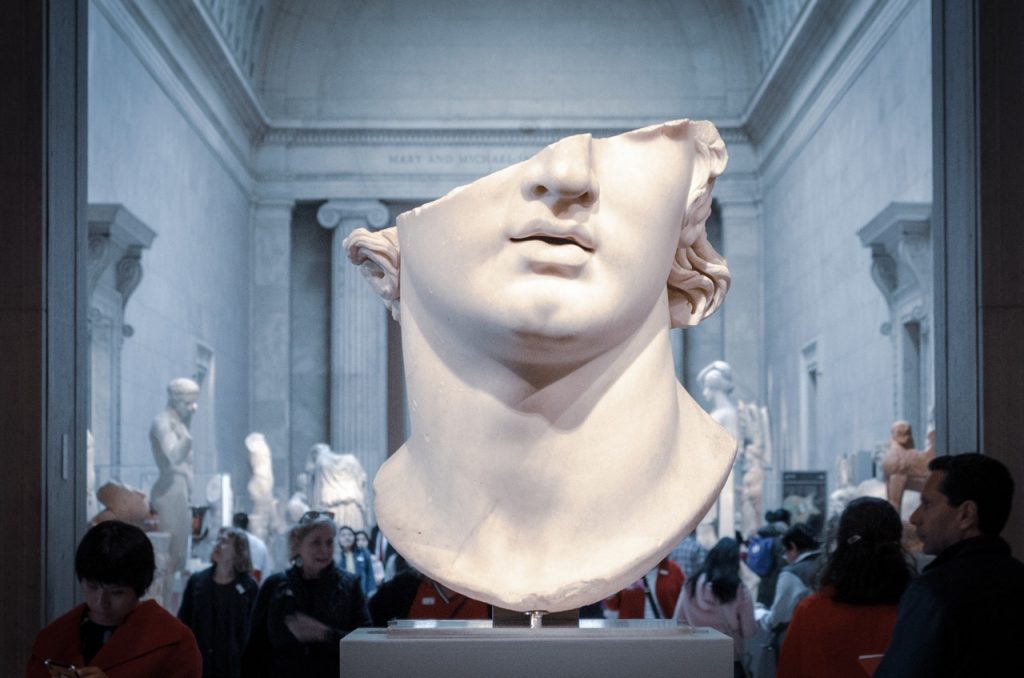Spending precious time with the family doesn’t require too much money all the time. Sometimes all it takes is a trip to something exciting, engaging, and most of all, fun. You will be surprised that all of these may be experienced in a museum display. Here are reasons why you should take your family to that fancy new exhibition showcase opening up around the corner:
1. Museums hold a lot of stories to tell. It is a sanctuary of the history and culture evolution in which people could learn a lot from. Books may be able to describe but museums show. Experiencing a day in the museum as a family allows sharing of thoughts on these which makes it memorable and worth discussing. It encourages each member of the family to give input, therefore, enhancing communication, bonding, and insightfulness.
2. Museums do not only tell stories about the past, but they also give way to the latest inventions. They showcase the latest discoveries and they give way to mock gadgets. Some of them combine technology and storytelling for visitors to have a virtual reality walk-through of some displays. Some take the opportunity to feature their museum using augmented reality to heighten up the learning experience. An experience of what stolen paintings look like was also made possible.
3. Museums house a lot of paintings, sculptures and many different forms of artwork. This is a great chance for you to see different perceptions, coming from your own family. Some views on certain masterpieces could be interesting to know since different perceptions say a lot about a persons whole being. Some people end up being depressed because they were never heard or they were never able to express themselves safely. Here, we can understand them reasoning deeply and could aid a family member if there are signs of depression, anxiety or inferiority complex.

4. Because of tangible relics and displays, learning comes easy compared to the usual way of doing so in the classroom. Visual learning is enhanced by museums and there is longer retention of information because there is a stronger association of the objects to events or its meaning. Scientific processes may also be understood quite easier since there are workrooms or work corners in the museum that allows you to witness them.
5. Exposing children to museums at an early age ignites their curiosity about what’s out there. It opens up their minds to discovering something beyond the usual. This encourages them to tap into their abstract thinking. And in doing so, they gain not just knowledge, but also deeper reasoning. They get inspired along the way too and heightens up their sense of creativity. They can use it later on in life to integrate with the skills needed to thrive.
6. People of all ages are entitled to their interpretation of an artwork. Sharing this experience to a family member makes a free-flow dialogue in which both learn from each other. When you ask your child of his favourite painting in a gallery and why, you’re providing a different kind of platform for freedom of expression, emotions, opinions, and beliefs. When in the everyday routine at home, this usually ends up untouched. It’s either the adults are busy at work or the kids are busy in school that time could go by without even talking.
7. Young children who get to be exposed to a welcoming learning environment like a museum are provided with sturdy pillars for cognitive growth and development. Their imagination expands to great heights because they are encouraged to explore, and converse. It enhances their confidence, it empowers their knowledge and it sharpens their reasoning.
At any given time, the way memories form among family members sit in the brains as part of their long-term memory. Bringing your family in a museum nurtures a positive effect on a person’s long-term memory because of its association with something learned. The knowledge that results from it is formed as familial relationships get strengthened.
